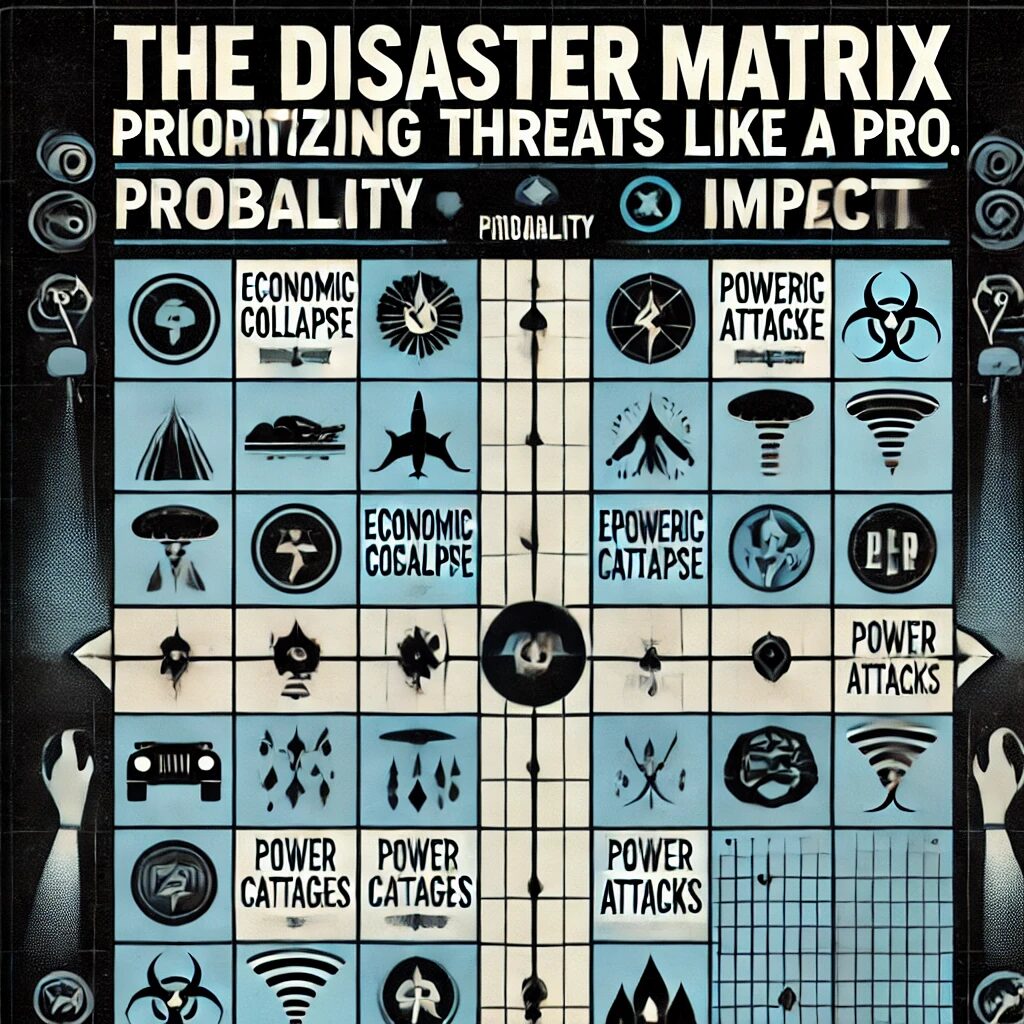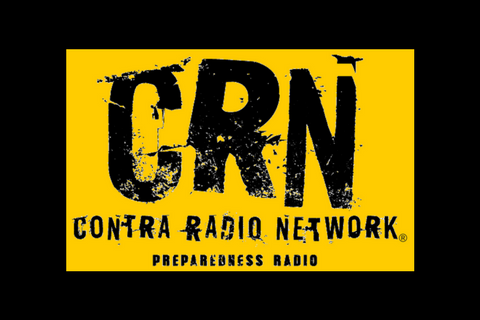Tag: disaster matrix
The Disaster Matrix: Prioritizing Threats Like a Pro | episode 321
The Disaster Matrix: Prioritizing Threats Like a Pro | episode 321 When it comes to prepping, it’s easy to get overwhelmed by the sheer number of potential threats. From natural […]










Follow Us!